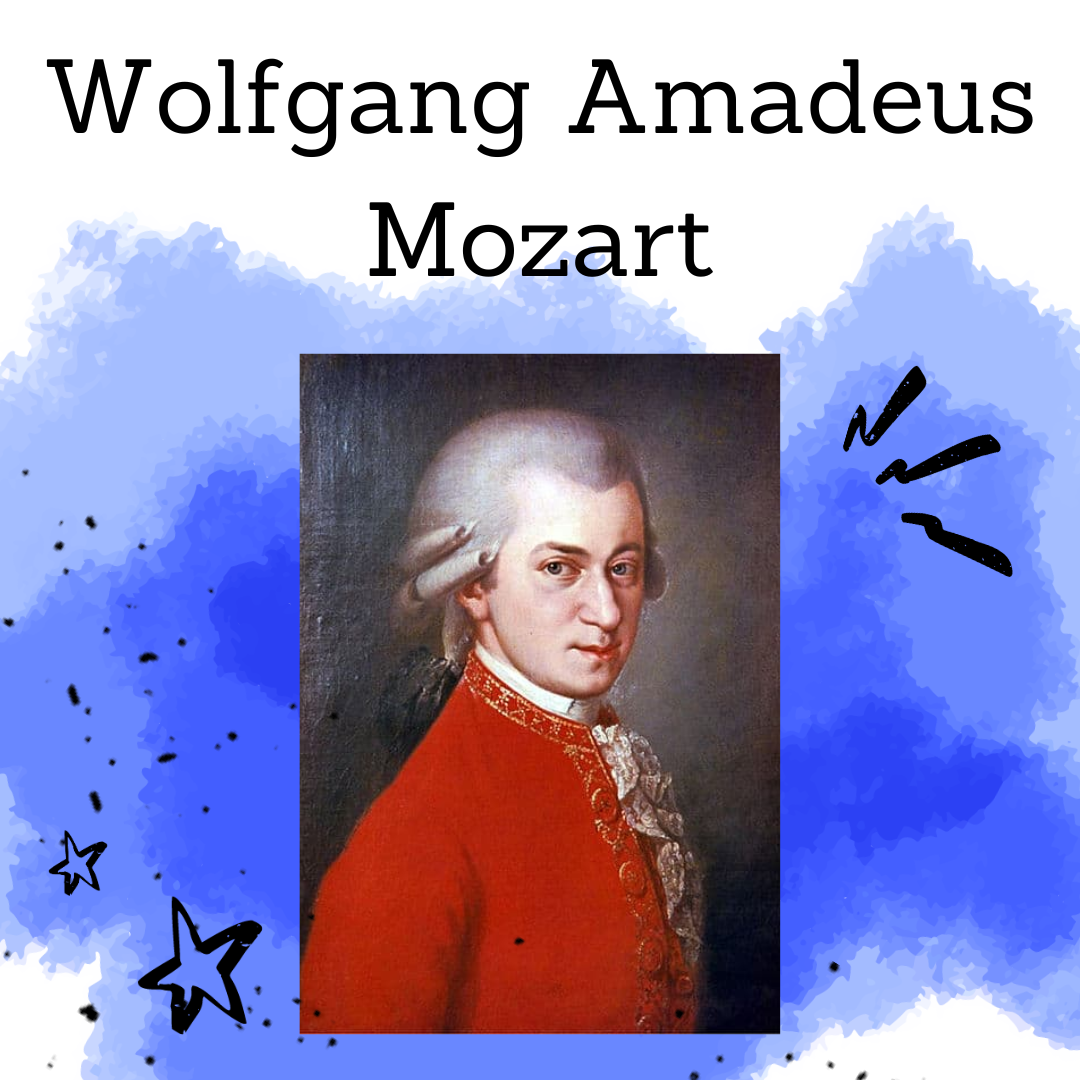Early Life and Musical Genius
Wolfgang Amadeus Mozart (1756–1791) stands as one of the most influential and prolific composers of the Classical period. Born in Salzburg, Austria, Mozart displayed prodigious musical talent from an early age. He composed his first pieces at the age of five and performed before European royalty alongside his sister Nannerl. By his teenage years, Mozart had already written several symphonies, sonatas, and operas. These achievements cemented his reputation as a musical genius. His ability to blend complexity with beauty in his compositions continues to captivate audiences worldwide, even centuries after his death.
Talents Beyond Composition
While Mozart is best known as a composer, his talents extended far beyond composition. He mastered conducting, violin, organ, and piano, earning renown as a virtuoso performer. Known for his improvisational skills and technical mastery, Mozart performed his works with exceptional precision and emotion. Contemporaries and music enthusiasts celebrated his achievements. His deep understanding of different instruments and their capabilities allowed him to craft music that fully explored their potential. These works remain cornerstones of Western classical music.
Iconic Works and Mozart’s Legacy
Mozart’s vast catalog of over 600 works includes several iconic masterpieces. “The Marriage of Figaro” and “The Magic Flute” rank among his most beloved operas, admired for their memorable melodies and intricate character development. His “Jupiter Symphony,” the final symphony he composed, represents a pinnacle of the symphonic form. It blends grandeur and complexity. The “Clarinet Concerto” showcases the instrument’s lyrical and technical capabilities and was written for the clarinetist Anton Stadler. Perhaps one of the most poignant pieces in his oeuvre is the “Requiem,” a choral masterpiece Mozart worked on during his final days but never completed. His student, Franz Xaver Süssmayr, completed the piece after Mozart’s death. Today, it stands as one of the most celebrated requiems in classical repertoire.

